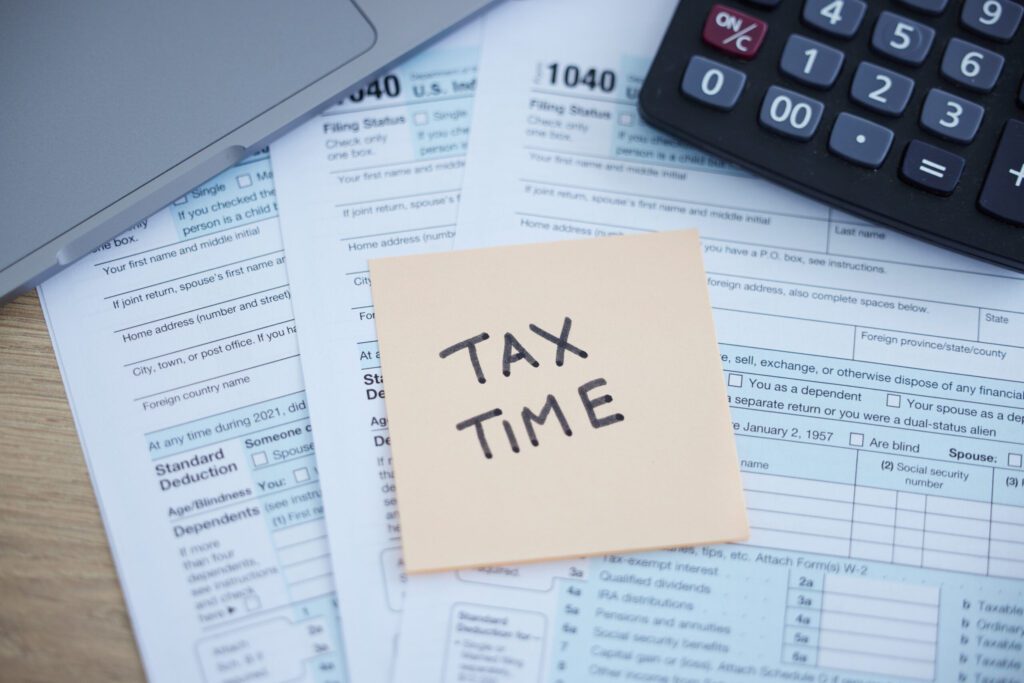Bankruptcy is an excellent form of debt relief for many, clearing unsecured debt and enabling individuals to have a fresh financial future. At Spergel, we have helped over 100,000 Canadians gain debt relief, and are well aware of the concerns many people have before filing bankruptcy. A common bankruptcy myth is that it will leave you with nothing, although this is far from the truth. A key concern is that bankruptcy will mean you lose your house, but bankruptcy does not mean you will automatically lose your house. So, can I declare bankruptcy and keep my house? In this article, we address how filing bankruptcy can still enable you to keep your house, and dispel the myths to reassure you.
How does bankruptcy impact your house?
Around a quarter of those who file bankruptcy in Canada own a property. As debt relief experts in Ontario and beyond, at Spergel we will work to help you to keep your house, no matter what form of debt relief you choose. If you file bankruptcy, there are options for you to keep your home although the most appropriate form of debt relief is dependent upon the property value, the amount remaining on your mortgage, and the budget you have as a household. We will help you to keep your property if you file bankruptcy, consider bankruptcy alternatives including a consumer proposal, and we can even advise you on selling your home if that is the pathway you choose. While many Canadians assume that bankruptcy will force you to lose your home, this is not the case. There are also a number of bankruptcy exemptions per province that enable you to keep some essential assets. Check out the bankruptcy exemptions in Ontario, for example. Even if the equity in your home exceeds the provincial allowance, there are still options. You can always pay your bankruptcy trustee the equivalent of your property’s equity value to retain your home.
Can you file bankruptcy and keep your mortgage?
Firstly, it is important to remember that bankruptcy has the power to clear any unsecured debts you may have, i.e. debts that are not associated with any particular asset like a car or property. Just because you file bankruptcy, therefore, lenders of secured loans are not able to automatically take away any secured loans including car loans or mortgages you may have. In fact, bankruptcy can actually help with your secured debts. Consider it this way – if your other debts, including any overwhelming credit card debts or payday loans were tackled, would it be easier to make your mortgage payments? In the majority of cases, this would be a ‘yes’! Therefore, if you are struggling to keep up with your debt payments, bankruptcy may be a suitable debt relief solution. Providing your mortgage payments are current, filing bankruptcy will not likely mean you automatically lose your home and your mortgage. If, on the contrary, you are in arrears or behind on your mortgage payments, your lender will likely stop your mortgage. Your lender can start foreclosure proceedings and sell your house if you cannot afford to pay your mortgage. Learn more about assets and bankruptcy.
Can I file bankruptcy if there is equity in my home?
Another common concern for homeowners looking to file bankruptcy if having equity in their property. Put simply, equity is the money you would receive if you sold your property once fees and outstanding mortgage payments have been taken out of the equation. Equity in a property is treated slightly differently in each Canadian province, so it is worth consulting a reputable bankruptcy trustee for the lay of the land in your province. Some provinces will permit you to keep some of your property’s equity, while others consider it to be an asset that must be assigned to a Licensed Insolvency Trustee when filing bankruptcy. At Spergel, unlike other bankruptcy firms, you will be assigned your own trustee to thoroughly explain all of your debt relief options and walk you through the bankruptcy journey instead of passing you from person to person. If you do lose the non-exempt equity, depending on your province, it does not mean you necessarily lose your home. In Ontario, if you can stay current on your mortgage payments, you can keep your home provided your home equity is not greater than $10,000. Even if your equity is greater, there are options to keep your home for every single financial circumstance.
Can I keep my house by filing a consumer proposal instead?
Should you have equity in your property but do not have the additional amount to assign to your Licensed Insolvency Trustee to keep the property through bankruptcy, there are still options to keep your home. You could in fact explore a bankruptcy alternative like a consumer proposal instead. For any properties with significant equity value, a consumer proposal can be preferential over filing bankruptcy. In this scenario, you could simply propose to your creditors a plan that covers paying out the equity value on your property instead of providing it straight up. This enables you to spread out the payments across a greater period of time. Creditors are likely to agree as in most cases means they would receive more than they would in a bankruptcy, and it means you can keep your house and avoid bankruptcy. In general, a consumer proposal can reduce your monthly repayments across a longer period of time – usually five years – taking the pressure off you. Learn more about the advantages of filing a consumer proposal.
Should I sell my house instead?
The first thing your Licensed Insolvency Trustee will likely ask you to do is to get an appraisal on your house as part of the assessment process. This will help you to determine how much equity there may be, if any, in your property. The amount of equity will likely sway which form of debt relief you choose. Should you have nothing to lose, bankruptcy will probably be the best option. And should you have a lot of equity that you may not be able to buy back during a short bankruptcy, a consumer proposal is often the best choice. Selling your home should be a last resort when it comes to debt relief. Selling your property is only really required if you are unable to make your mortgage payments on time and are defaulting. It may be that you feel that even after filing bankruptcy, you still cannot afford your property. In this scenario, any potential equity in your property would be used by your Licensed Insolvency Trustee to repay your creditors for any debts you owe.
Wondering ‘can I declare bankruptcy and keep my house?’ If you are a homeowner struggling with debt, you can take comfort in knowing that keeping your house is very realistic and you have many debt relief options. Learn which debt relief solution is best for you by booking a free consultation with Spergel today. The sooner you reach out, the sooner you can work on keeping your home and assets safe from creditors.



















